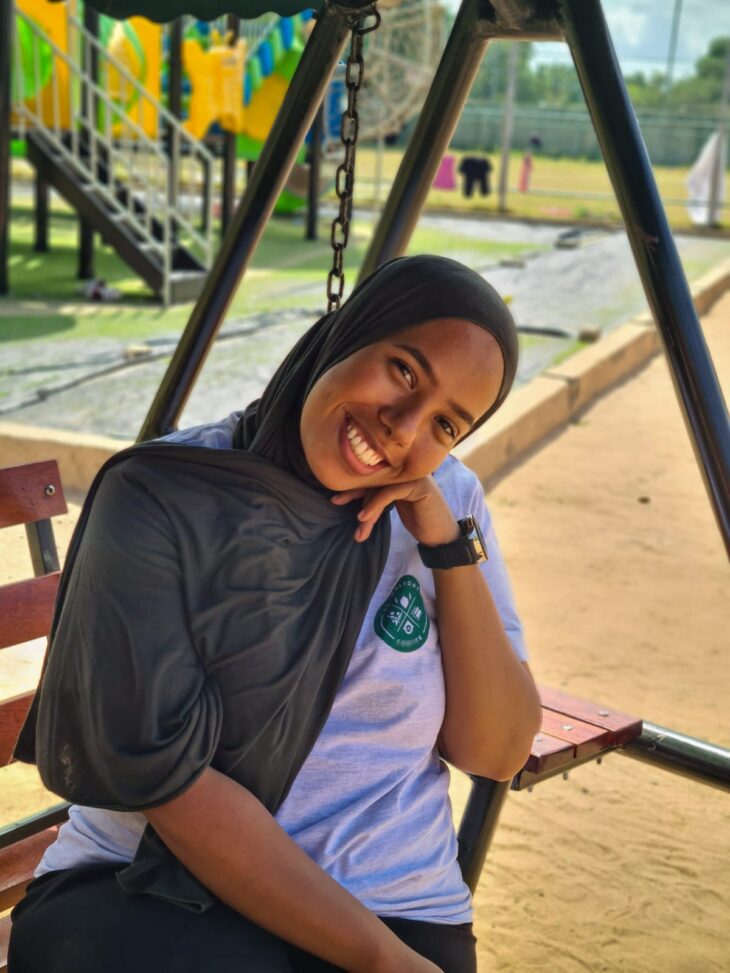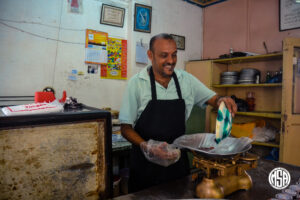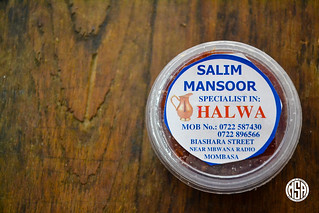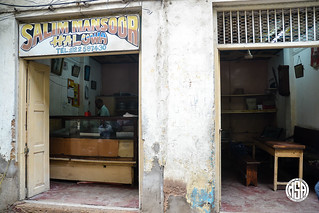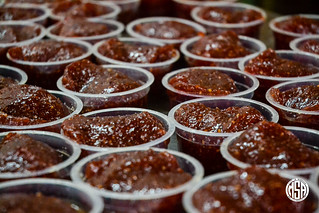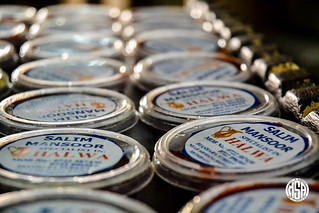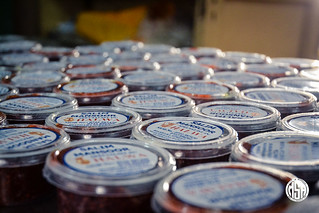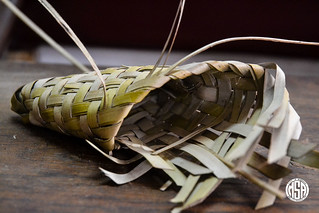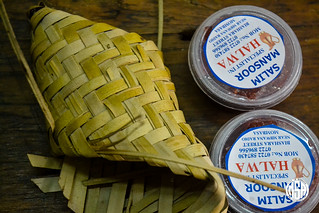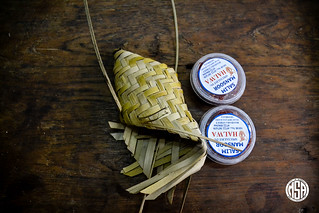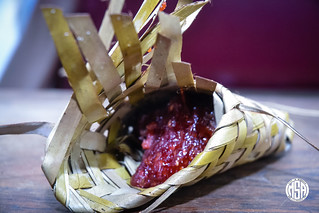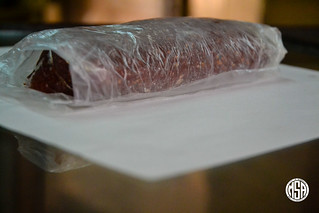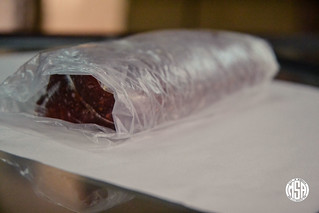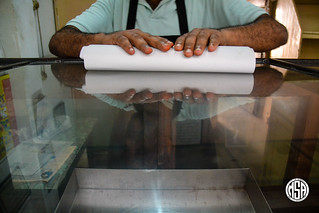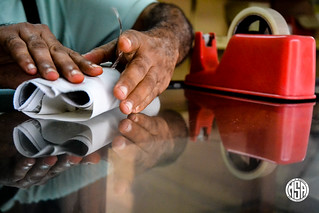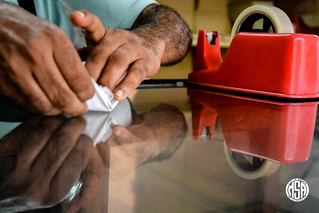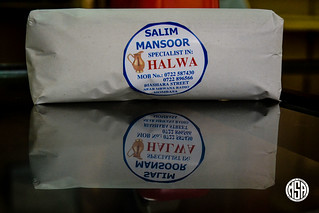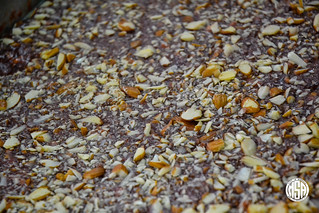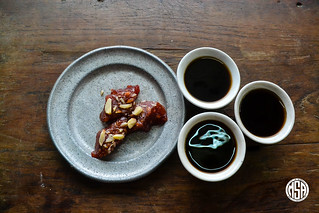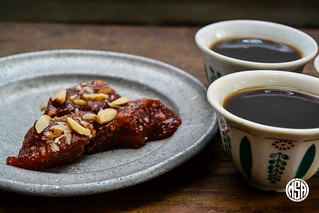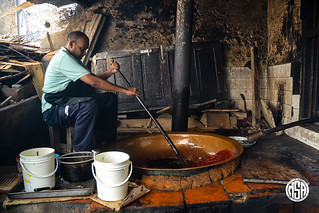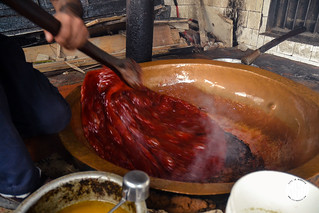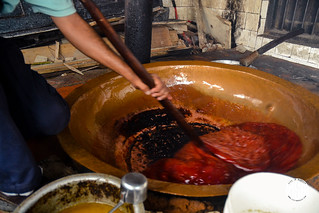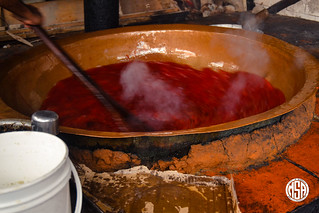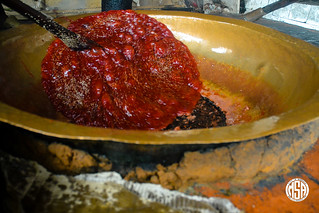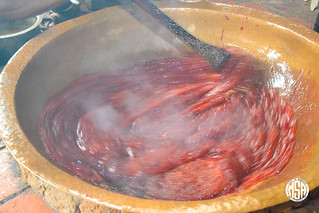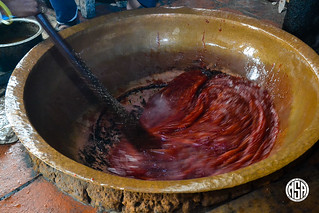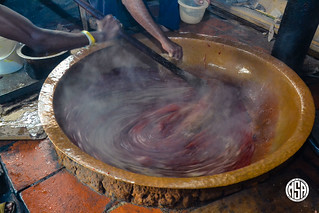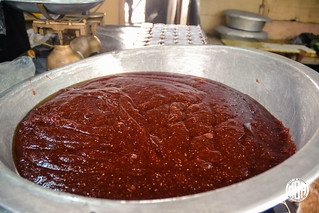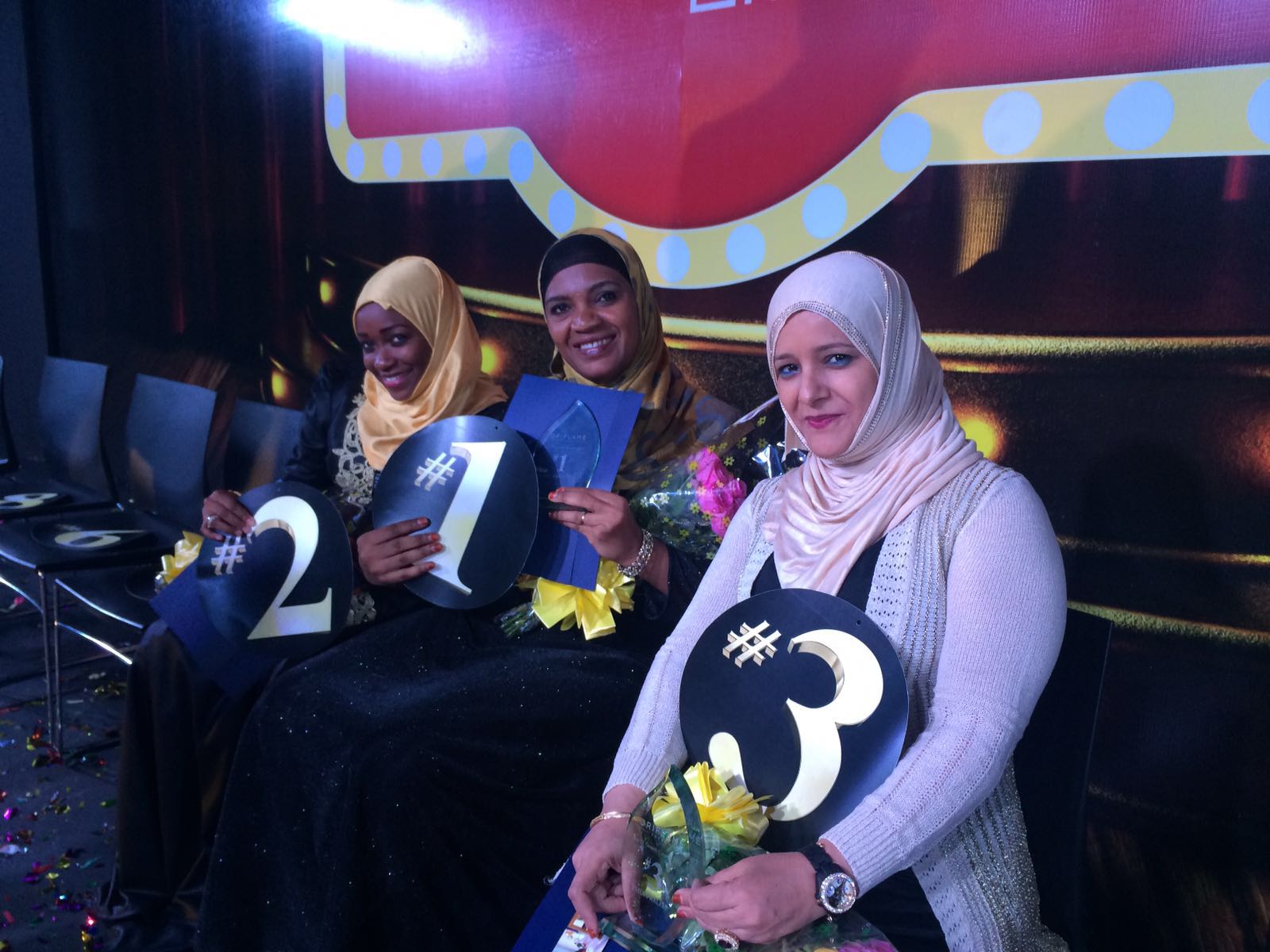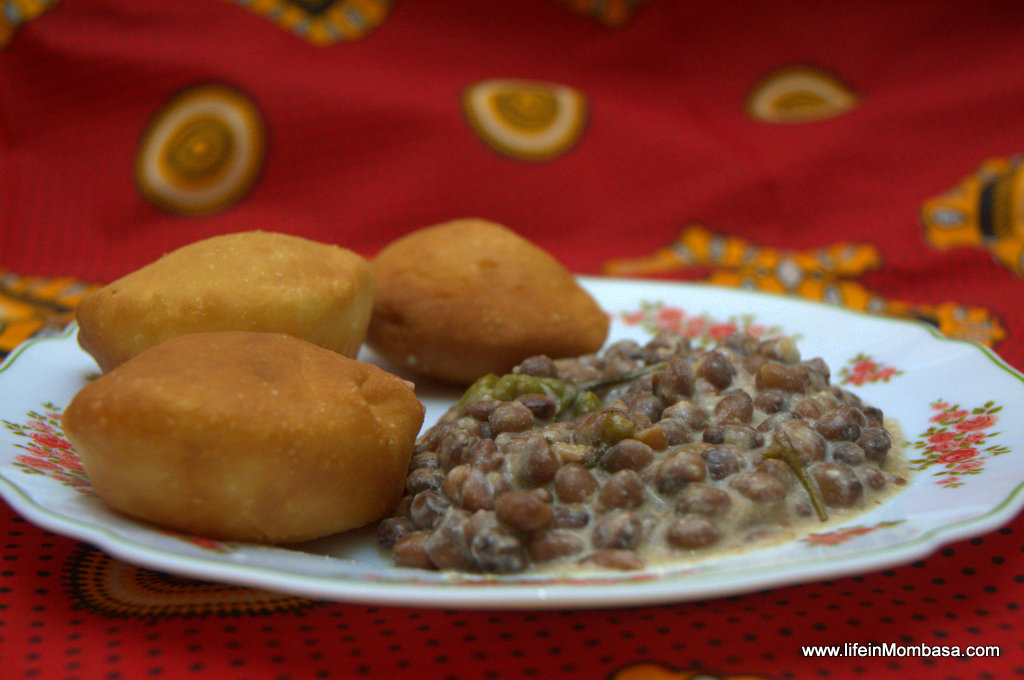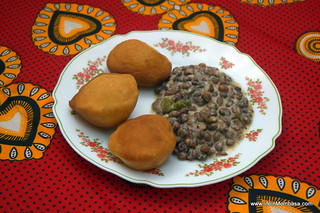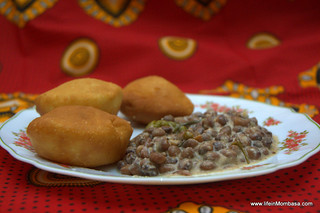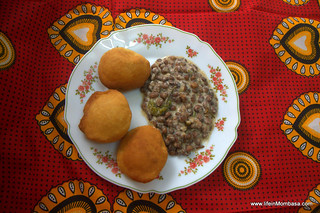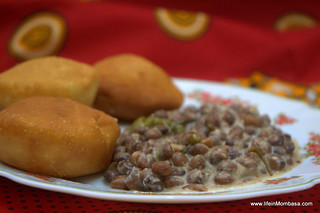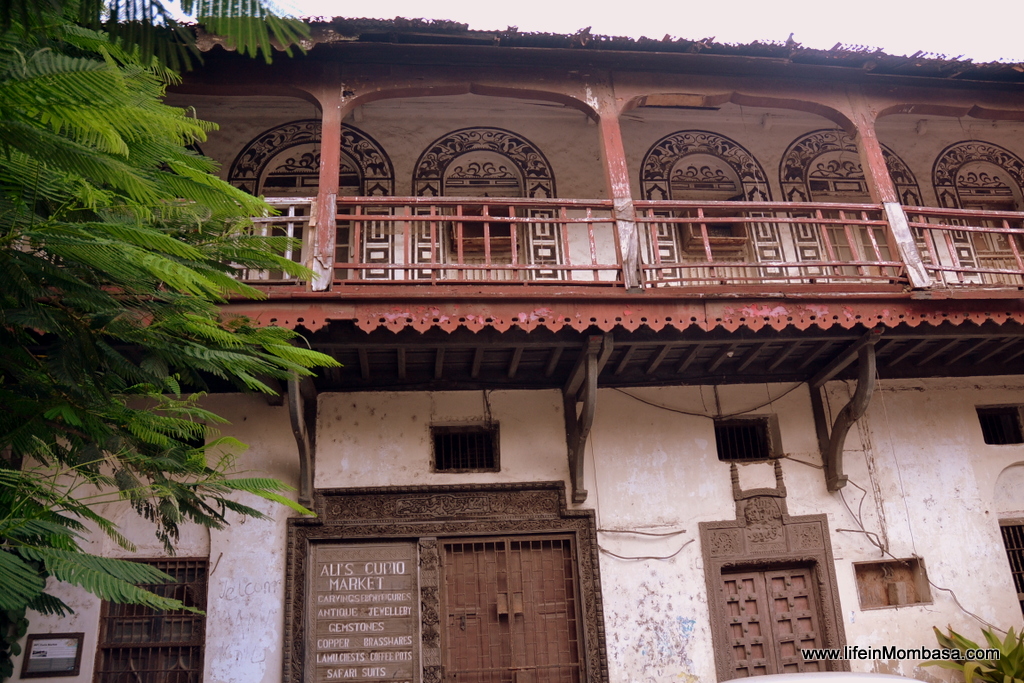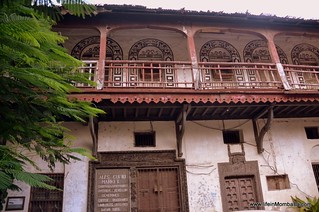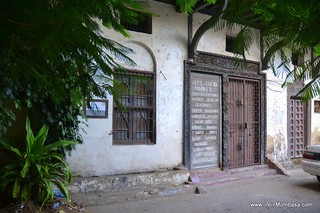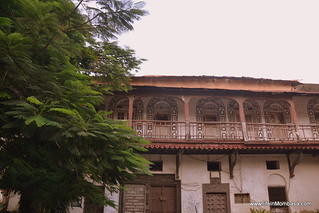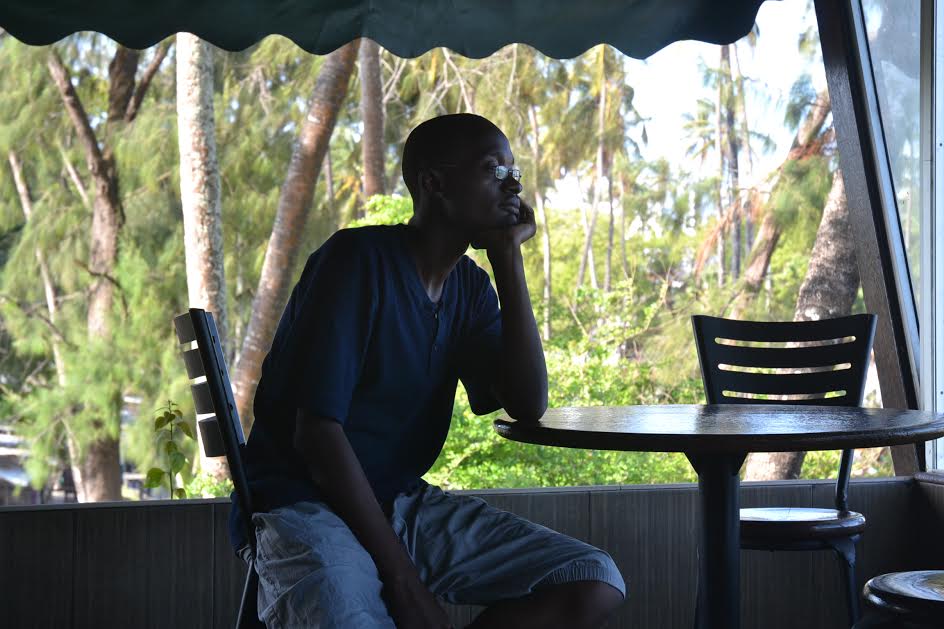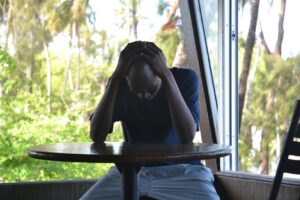Your Name and what do you do?
My name is Fatma Mohamed Bakthir, a lawyer by profession and the CEO of Alwalidayn Centre.
Tell us about Al-Walidayn Centre
Alwalidayn Centre is a non-profit, family-run organisation based in a remote village in Kwale County. First established in 2016, the Centre opened its doors to the community of Kinondo, tackling different issues facing them by constructing institutions that would benefit different aspects of their lives.
It consists of a Mosque, a free Madrassa (Islamic School), a free Private Integrated Academy, a free hospital providing free medical services and medication, and a Girls Rescue Centre, accommodating orphans and Girls who’ve been through all sorts of abuse, eg., defilement, neglect and abandonment, forced marriages, trafficking etc.
What made you change career?
My desire to give back to the community and promoting human welfare made me take a detour from Law to being a full-time Humanitarian.
Not every day or every time do we get people with legal issues. Most of the human suffering is caused by poverty, natural causes etc., hence where my focus shifted and I ventured into community service/development.
If you could have only one superpower, what would it be?
To be able to help all those who come my way seeking for financial or any form of assistance.
Do you think it’s better to have one great skill you’re great at or many skills you’re a ok at and why?
I believe it’s better to have one skill you’re great at than many skills you’re okay at because when you focus your mind onto one thing and fully perfect it, you become more efficient and reap the greatest results out of it. Unlike having to do several things at the same time, it could work if you’re capable of doing so, but the results won’t be similar to that of specializing in one particular thing.
Unemployment is high in Mombasa, what advice would you give to any upcoming youth who doesn’t know what to do?
My advice would be to first take time to figure out what exactly it is they resonate to and where they see themselves fitting in well. Then they put themselves out there in the field either through volunteering or just getting an attachment in whatever it is they’ve studied for, and not to lose hope for giving their time and not get remunerated. There’s always something you’d get out of a work experience; Remuneration doesn’t necessarily have to be monetary. It could be gaining of knowledge, exposure or connections, or generally the experience.
Secondly, to be on the lookout and careful not to be exploited by employers, who’d just want to use your skills and time and not offer anything that would be of essence to your life or career.
Lastly, don’t overstay in places. If one feels like they’re getting physically and psychologically drained yet not receiving anything, feel free to walk out and look for another opportunity elsewhere and eventually you’ll land on employment.
How do you deal with failure?
I don’t believe that there’s anything like failure. I always remind myself that every situation that comes by comes for a reason. To teach me a lesson, to shape me up to be a better human being, and to remind me that there’s a divine force (God) out there looking out for me so whatever it is that I didn’t succeed in wasn’t really meant for me.
People love giving, what advice would you give someone looking into charity?
First: identify a project you’d want to support – could be a meal project for children, sanitary towels for girls, academic sponsorship for an orphan, for mothers, for elders, etc., then look for organisations working on those projects.
Before donating, get to know their background, success stories, some are merely just faking stories and are not genuinely working for the purpose of helping people. If need be, you can visit the place or be part of one of their projects so you can see how they’re working (if there’s a huge sum involved).
Lastly, give knowing that you’ve played a part in trying to make someone’s life easier and possibly alleviating their suffering, and it doesn’t end there. Give occasionally.
Charity is easier when it comes straight from the heart with the intent of pleasing God, The Almighty.
Where do you see yourself 10 years from now?
Well, I haven’t really thought of that since I’m enjoying living in the present, but hopefully where my heart is at peace at. I always believe in doing things that make me happy and I’m hoping 10 years from now I’ll be in that state and more.
I also pray I’ll still be doing what I love and am passionate about doing which is serving the community. I hope I’ll have managed to touch more people’s lives and impacted them positively.
Parting Shot
Always prioritise your mental and emotional well-being in whatever it is that you do. When the mind is functioning well, everything else will work well.


